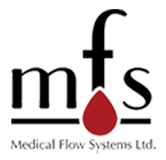CWI
Continuous Wound Infiltration
The pain being anaesthetizing by continuously delivery of anesthetic medication into (or closed to) the surgical incision. Via diffusion, the medication reaches the surrounding nerve fibers and "shut off" the Peripheral nociceptors.
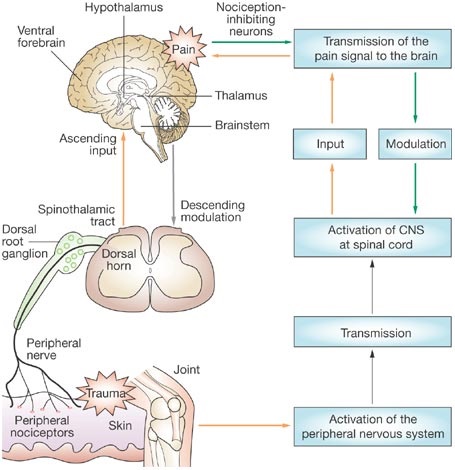
A. Typical surgical procedures where CWI is used
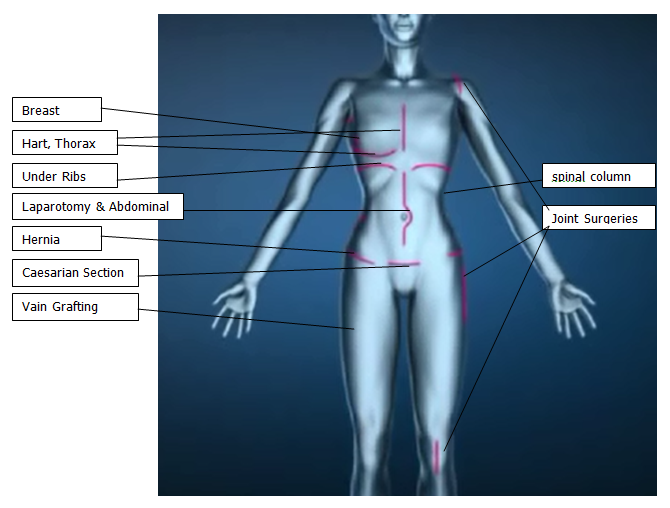
B. Factors Influencing on the Therapy Efficiency
1. Matching between the catheter and the incision;
the length of the fenestrated segment should match the length of the incision.
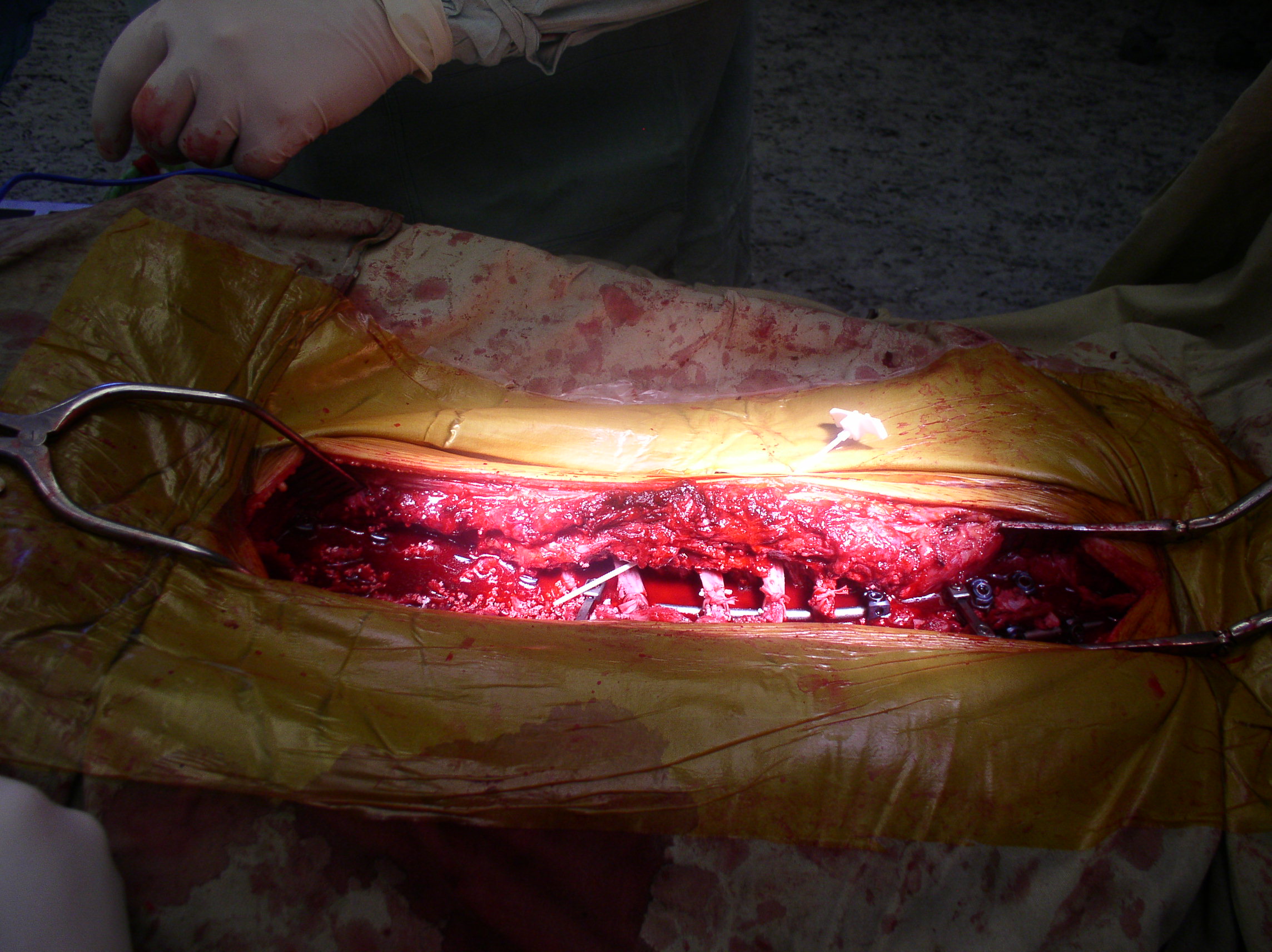
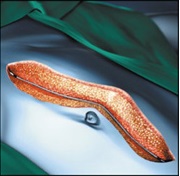
2. Saturation
To gain efficient pain therapy, it is essential to obtain sufficient medication saturation level,
typically in the range of 0.3 to 0.5 ml/hr per cm.
Therefore, the therapy flow rate should be adjusted with correlation to the incision length (as schematically presented in the below chart)
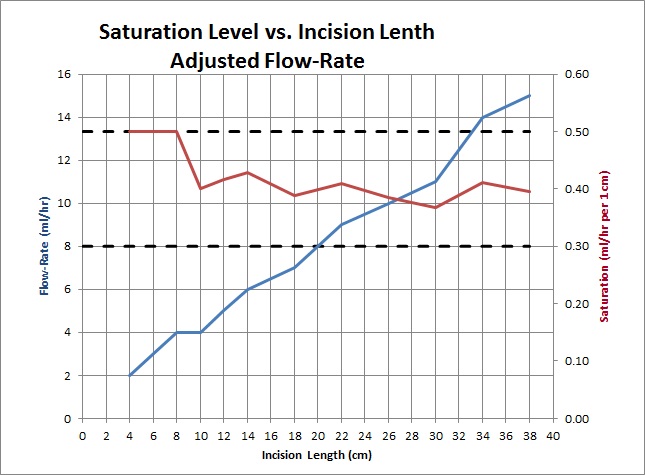
Important Note
The above data and information concerning the medication infusion therapy; i.e. saturation level, flow-rate, medication type and concentration, is based on company data and accumulated clinical experience and should serve as general indication only and not as instructions and/or recommendations!
This data isn't a scientific data!
It is strictly the responsibility of the physician to make the any decisions concerning the medication infusion therapy!
3. Medication type, medication concentration and medication volume.
* Decisions concerning the medication concentration should take into account the flow-rate and maximum dose per 24 hours.
* Decisions concerning the medication volume should take into account the flow-rate and the required therapy duration.
CWI
Continuous Wound Infiltration
The pain being anaesthetizing by continuously delivery of anesthetic medication into (or closed to) the surgical incision. Via diffusion, the medication reaches the surrounding nerve fibers and "shut off" the Peripheral nociceptors.

A. Typical surgical procedures where CWI is used

B. Factors Influencing on the Therapy Efficiency
1. Matching between the catheter and the incision;
the length of the fenestrated segment should match the length of the incision.


2. Saturation
To gain efficient pain therapy, it is essential to obtain sufficient medication saturation level, typically in the range of 0.3 to 0.5 ml/hr per cm. Therefore, the therapy flow rate should be adjusted with correlation to the incision length (as schematically presented in the below chart)

